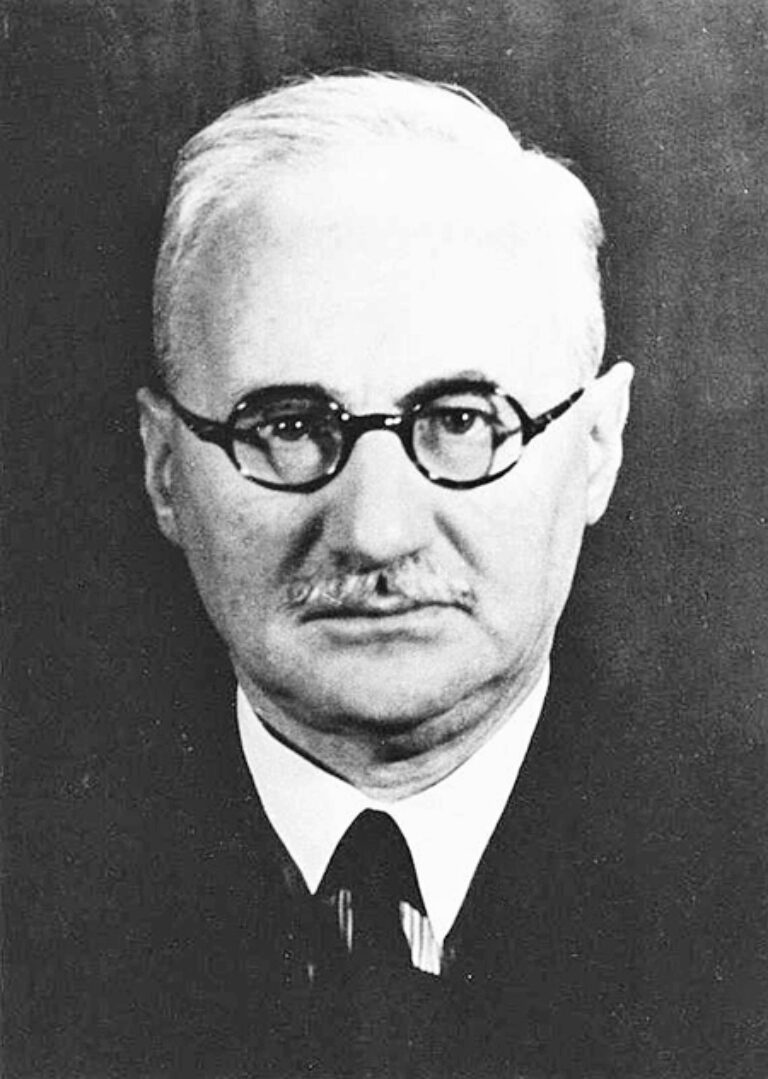Eugen Täubler, like many others featured here, was concurrently studying at the Higher Institute for Jewish Studies and briefly attended an Orthodox rabbinical seminary. This two-fold academic career hinted at what would later define his scholarly journey – a robust foundation in general history and the German academic landscape, coupled with a keen focus on Jewish historical and cultural studies.
Täubler collaborated with renowned historians such as Theodor Mommsen (1817–1903) and Adolf von Harnack on major editorial projects. After earning his Ph.D. in Ancient History in 1904, Täubler became the head of the newly founded Central Archives for the History of the Jewish People in Germany. The goal was to assemble a collection of archival materials, which would be necessary in order to conduct historical research on the history of German Jews. Täubler officially remained in this role until 1919. At the same time, he lectured at the Higher Institute for Jewish Studies, where he taught history, including the history of Jews in Prussia, and remained interested in questions about archives and publishing reprints of historical sources. Alongside his teaching and work on the archives, he continued his own research in ancient history.
During the First World War, he served as a soldier on the Eastern Front, but an injury in 1916 forced him to end his military service and return to Berlin. In 1918, he qualified as a professor in Berlin. The following year, he undertook a significant project: establishing the Academy for Jewish Studies (Akademie für die Wissenschaft des Judentums). Täubler developed an extensive programme for systematic research into Jewish history. The project had major ambitions but limited finances (the Academy, like the Institute, relied solely on donations). Initially, the Academy began its work in limited areas with a few scholars, including one woman, Selma Stern. Täubler and Stern later became a couple and married in 1927.
In 1922, Täubler left the Academy and became a professor of Ancient History at the University of Zurich. From 1925, he held a professorship at the University of Heidelberg. However, with the rise of Nazism and the exclusion of Jews from universities and academic institutions, Täubler preempted this step and decided to resign in protest against the position of Heidelberg University’s leadership. His resignation extended to his other posts, including his position in the Heidelberg Academy of Sciences. He returned to Berlin and taught at the Institute from 1938 to 1941.
In the spring of 1941, with hardly a minute to spare, he and his wife Selma Stern managed to escape Germany. They relocated to Cincinnati, where Täubler was appointed as a research professor at Hebrew Union College. He never returned to Germany, and died in exile in 1953.
